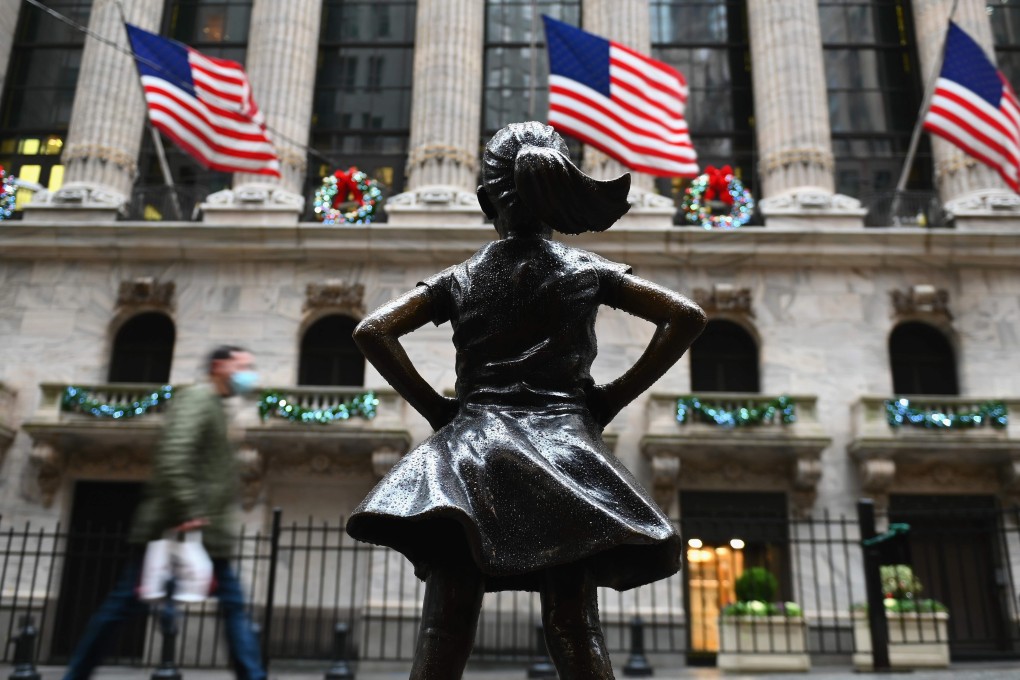US law targeting Chinese firms on American exchanges could trigger delistings and hurt investors, finance professor says
- The Holding Foreign Companies Accountable Act tightens auditing requirements for Chinese firms listed on US stock exchanges
- Bill could force compliant Chinese companies to leave the US capital markets, hurt American investors, says Cornell finance professor

Legislation that could see Chinese companies booted from US stock exchanges if they do not comply with auditing standards could lead to a wave of delistings and ultimately hurt American shareholders and the financial industry, a Cornell University finance professor has said.
A key provision of the bill is that foreign companies listed in the US will be required to submit audited financials for review by the US Public Company Accounting Oversight Board (PCAOB) within three years’ time. Companies will also have to establish that they are not owned or controlled by a foreign government.
Firms whose auditors are not subject to PCAOB inspection must disclose if anyone on the board of directors is a member of the Chinese Communist Party and if the firm’s articles of incorporation include the party’s charter.
Blocking Chinese firms from US markets is too blunt a tool
Andrew Karolyi, deputy dean and college dean for academic affairs at the Cornell SC Johnson College of Business, said in an interview with the South China Morning Post the bill could force compliant Chinese companies to leave the US capital markets because of a perception they were no longer welcome.